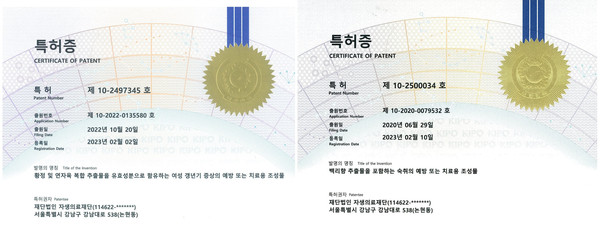RELATED Live.
- About us
- KIMA Members
-
KIMA Doctors
- All
- Anesthesiology
- artificial joint center
- Breast and Endocrine Surgery
- Breast cancer and thyroid cancer center
- Breast Surgery
- Cardiology
- Cardiothoracic Surgery
- Cerebrovascular Center
- Colorectal Surgery
- dental and maxillofacial surgery
- Dermatology
- Endocrinology
- Gastroenterology
- General Surgery
- Genito-Urology
- Hematology
- Hemato-oncology
- Infection Center
- Internal Medicine
- International Healthcare Center
- Korean Medicine
- liver center/Pancreas and billiary tract center
- Liver Transplantation
- Neurology
- Neurosurgery
- Obstetrics & Gynecology
- Ophthalmology
- Orthopedic
- Otorhinolaryngology
- Pediatric & Juvenile
- Pediatric Allergy and Respiratory Diseases
- Pediatric Gastroenterology
- Pediatric Neurology
- Pediatrics
- Physical Medicine & Rehabilitation
- Plastic & Reconstructive Surgery
- plastic surgery
- Pulmonology
- Radiation oncology
- Rheumatology
- Thyroid & Endocrine Surgery
- Urology
- Vascular Surgery
- KIMA News
- KIMA Live
- Community
KIMA NEWS
“We will accelerate the efforts to scientifically prove the efficacy of our herbal recipes”

Patents have been acquired for a new menopausal treatment developed using herbal medicine extracts such as hwangjeong (Polygonatum sibirium Redout) and yeonjayuk (Nelumbinis semen) and for a baengnihyang (Thymus quinquecostatus) extract composition for hangover relief.
The Spine and Joint Research Institute of Jaseng Hospital of Korean Medicine (President Ha In-hyeok) announced that it had developed and obtained a patent for an extract composition that combines hwangjeong and yeonjayuk.
Hwangjeong, which refers to the dried rhizome of plants that belong to the Liliaceae family, is one of the main herbal ingredients of JStrogen prescribed by Jaseng Hospital of Korean Medicine for the treatment of menopause. Yeonjayuk, which is the seed of plants that belong to the family of lotuses, has been regarded as a precious herbal medicine since ancient times, and it was prescribed by royal physicians during the Joseon Dynasty to help the king maintain mental and physical wellness.
It has been found that the patented hwangjeong and yeonjayuk extract complex plays a role in addressing osteoporosis and vaginal dryness because it produces effects similar to that of the female hormone estrogen. It is also expected to help to treat menopausal symptoms without any side effects, as it has been shown to promote higher estrogenic activity than when hwangjeong, patented last year, is administered alone.
The research institute also developed and obtained a series of patents for the baengnihyang extract composition that helps prevent and treat hangovers. Baengnihyang, which belongs to Lamiaceae, is known for its excellent antioxidant effects and plays a role in improving the oxidative stress environment that causes aging. Thymol, a major component of baengnihyang, also helps improve lung health with its antibacterial action.
Baengnihyang boasts various efficacies, but its effect on preventing and treating hangovers has not been well known. However, the recently patented baengnihyang extract composition was shown to promote the activity of alcohol dehydrogenase (ADH), an enzyme that breaks down alcohol, in a concentration-dependent manner, and it displayed effectiveness in improving liver function and treating hangovers.
Moreover, as a result of administering the baengnihyang extract to an animal model in which acute alcohol poisoning was induced, it was found that the concentration of acetaldehyde in the blood dropped significantly compared to the group that was administered just ethanol. Acetaldehyde is a toxic substance that is produced during the breakdown of alcohol in the body, and this is what causes hangovers.
Dr. Park Du-ri, who led the research on hwangjeong and yeonjayuk to obtain related patents, said, “I am delighted that our technological prowess has been recognized through the research on herbal extract compositions based on patents. […] We will make full-fledged efforts to scientifically prove the efficacies of the pharmacological compositions we have developed for disease prevention and treatment.”
Inquiry